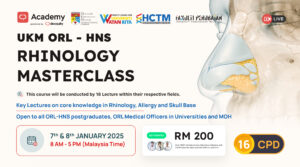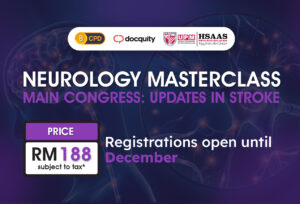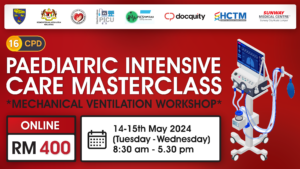
Management of Heart Failure: Recent Advances
Management of Heart Failure: Recent Advances
In three interactive Live sessions, this program focuses on evidence-based approaches and recent advances in heart failure management, fostering knowledge development and preservation.

Overview of Management of Heart Failure Course
Heart failure, a significant epidemic of the 21st century, causes high hospitalization rates in individuals aged 65 and above. Managing such patients necessitates well-trained physicians with expertise in clinical medicine, pharmacology, cardiac devices, and programming. These specialists require extensive knowledge of imaging techniques, coronary circulation, valvular apparatus, and end-stage heart failure management. Comprehensive training ensures optimal outcomes and comprehensive care for heart failure patients.
Key Benefits
Cardiologists must attend heart failure classes to stay updated on the latest advancements in diagnosis, treatment, and management strategies. This ensures they can provide optimal care to patients with heart failure, improving outcomes and quality of life.
General physicians attend heart failure course to enhance their understanding of heart failure diagnosis, treatment, and management, enabling them to provide comprehensive care to patients, improve outcomes, and make informed referrals to specialists when necessary.
A Heart Failure course is essential for emergency and critical care physicians to enhance their knowledge and skills in managing heart failure patients, improving outcomes, and providing optimal care in critical situations.
What will you learn in this course?
Evaluation and Management of Rheumatic Valvular Heart Diseases
Rheumatic heart disease is a major acquired heart condition affecting children and adults worldwide. This module focuses on evaluating and managing the disease, emphasising the inter-professional team's role in improving patient care. It covers patient history, echocardiographic criteria for diagnosis.
Diagnosis and Management of Arrhythmias
Clinicians face challenges in evaluating and treating cardiac arrhythmias. Advancements in randomised trials, technology, and understanding of arrhythmia mechanisms have improved management. This section outlines essential principles for evaluating and managing patients with arrhythmias, guiding the initial approach.
Management of Ischemic Heart Disease
An occluded coronary artery causes inadequate blood supply to the heart, leading to angina or heart attacks. Ischemic heart disease is a top global cause of death. This module covers evaluation, management, and prevention of the disease, including revascularization and medical therapy benefits.
Course Reviews
I attended the course “Management of Heart Failure and Recent Advances” initially to revise back on my knowledge and I was very glad I did. I enjoyed this course so much because of how wide the topics covered. It was also very interactive in which we were given the chance to ask the presenter on anything we did not understand. We learned ECG together and I finally understood it better in this course. It was also very relaxing and stress-free to be learning together in this course. The presenter would also explain the pathophysiology which made the learning even more understandable. I found it easier to understand things in this course than what I had learned in medical school of five years. I would definitely enrol again in these types of courses.

Dr Nur Syafiqa
This course serves as an excellent opportunity to refresh knowledge and stay updated with the latest advancements, providing assurance and enhancing my practice. Very good quality of course material.

Dr. Mark
Get to know your instructor

Dr. Soumya Sundar Das Gupta
Dr. Soumya Sundar Das Gupta holds the position of Registrar at the Department of Cardiology in Columbia Asia Hospital. Additionally, he serves as the Registrar of the Department of Emergency Medicine and the Coronary Care Unit (CCU) at a prestigious multi-specialty hospital. His expertise spans both cardiology and emergency medicine, allowing him to contribute significantly to the comprehensive care of patients in critical cardiac conditions.
Frequently Asked Questions





